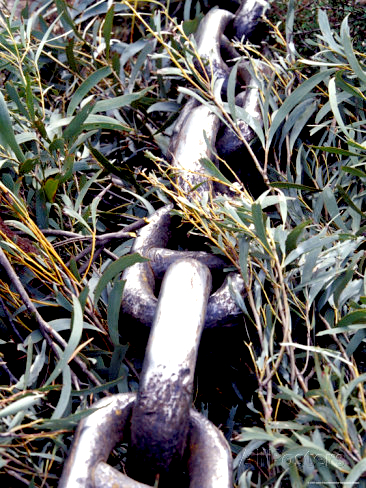Forests drop in weak regime
 Current laws are failing to slow deforestation, experts say.
Current laws are failing to slow deforestation, experts say.
Australia's environmental regulations are proving inadequate in the face of rampant land clearing, particularly across northern regions, as revealed by recent research from the University of Queensland (UQ).
A new study, led by PhD candidate Hannah Thomas from UQ's School of the Environment, highlights a troubling disconnect between environmental laws and their enforcement, raising concerns about the nation's ability to meet its international climate commitments.
Thomas and her team utilised satellite imagery and land clearing data to scrutinise vegetation loss across Queensland, the Northern Territory, and Western Australia.
Their findings reveal that of the 1.5 million hectares of land cleared, 65 per cent potentially violated at least one environmental law.
Furthermore, only 19 per cent of the legally compliant clearing had undergone formal assessment and approval, with the remainder occurring under specific exemptions.
The research reveals a significant issue with the Commonwealth Environment Protection and Biodiversity Conservation (EPBC) Act 1999, which mandates assessments that often do not take place.
“Queensland had by far the highest rates of deforestation with 75 per cent of cases exempt from assessment under the state’s main vegetation management law,” Thomas noted.
By contrast, while most land clearing in the Northern Territory was formally assessed, approvals were routinely granted, driven by the development of agriculture and mining, particularly for beef cattle pasture.
The study's implications are stark, particularly in light of Australia's pledge at the 2021 United Nations Climate Change Conference (COP26) to halt and reverse forest loss by 2030.
“There is an urgent need to reduce land clearing rates in northern Australia if we are to meet our international commitments. The cumulative impacts are severe and worsening,” says UQ’s Professor Martine Maron.
Maron further stressed the importance of proper law enforcement and the need to support landowners in preserving forests and woodlands.
The research calls for immediate action to ensure that Australia's environmental laws are not just symbolic, but effectively implemented to safeguard the country's ecological future.








 Print
Print